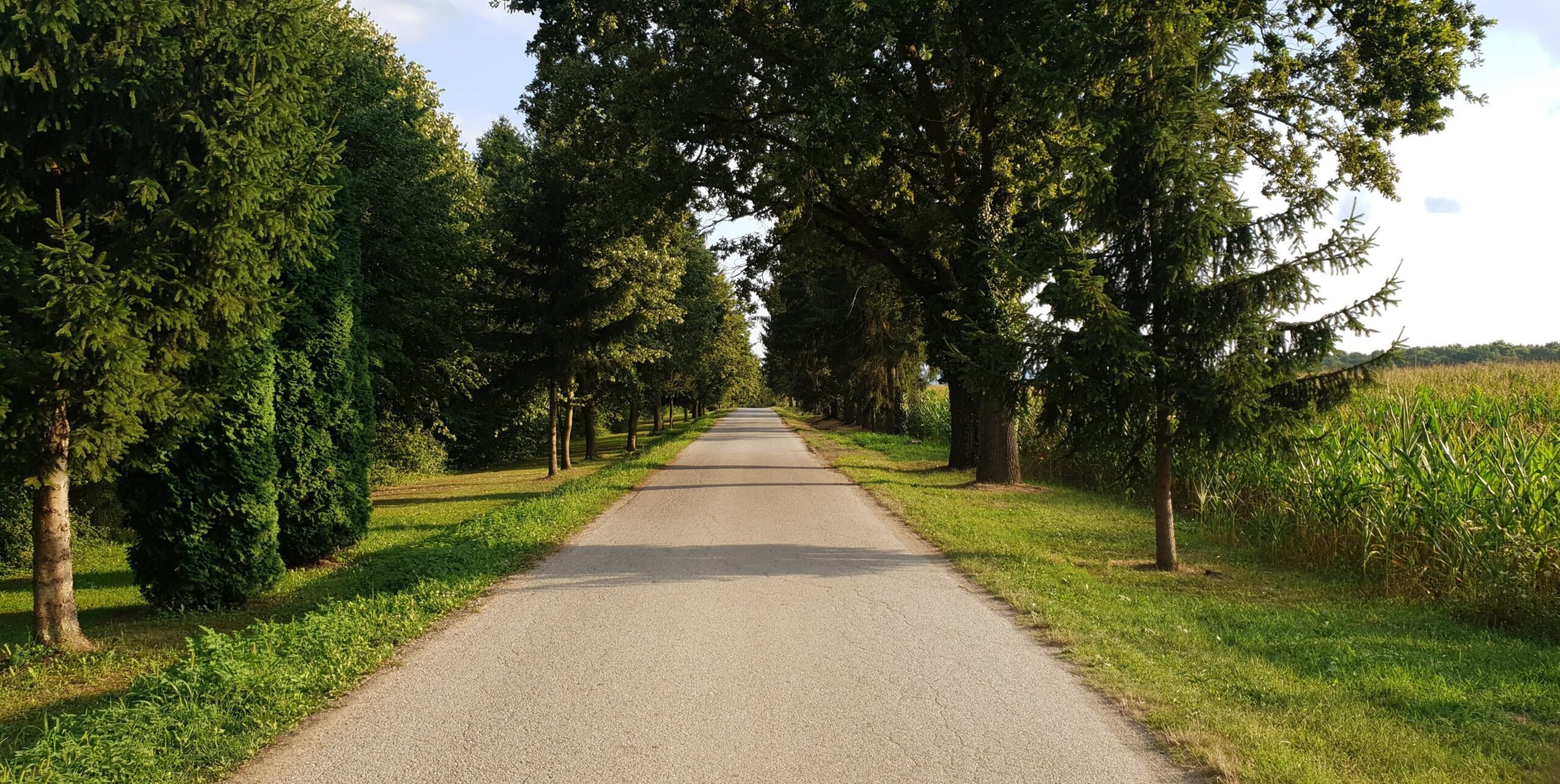This article explores how forgiveness supports emotional healing and recovery by easing emotional weight, reducing stress, and opening space for growth.
- What forgiveness really means
- How holding on keeps you stuck
- What your body carries
- Guilt, regret, and self forgiveness
- Forgiving others on your terms
- Boundaries, distance, and compassion
- Relationships and how you see yourself
- Changing your inner voice
- Processing pain with support
- Treating forgiveness as a practice
- Protecting your future and staying safe
What Forgiveness Really Means
Why Forgiveness Helps You Heal Faster
Forgiveness sounds big and heavy, but in daily life it often starts in small moments. A memory that still stings. A person you avoid thinking about. A choice you wish you could redo. When you are in recovery or trying to heal from emotional pain, these things sit close to the surface. They drain your energy, even when you are not talking about them. That is where forgiveness comes in.
How Holding On Keeps You Stuck
Forgiveness is not about saying what happened was okay. It is not about pretending you were not hurt or acting like the past did not matter. Forgiveness is more about what you decide to carry from here on out. You are choosing to release your grip on certain resentments so they stop shaping every step you take.
Holding on to anger or resentment can feel powerful at first. You might feel more in control when you replay the story in your head and remind yourself who was wrong. Over time, though, that same story can keep you stuck. It can make it hard to trust, to relax, or to see yourself as more than what happened to you or what you did in the past.
What Your Body Carries
Your body feels it too. Stress, tension, tight muscles, headaches, stomach issues, sleep problems. When you carry anger or shame for a long time, your body stays on high alert. Forgiveness can ease that load. When you begin to let go, even a little, your nervous system gets a chance to relax. You are not fighting the same internal war every day.
Guilt, Regret, and Self Forgiveness
There is another layer: many people in recovery struggle with guilt or regret. Maybe you hurt people you care about. Maybe you broke promises, lost opportunities, or damaged trust. That weight can feel unbearable. Self punishment might feel deserved, but it does not actually move you forward. Forgiving yourself is part of healing, not a way of letting yourself off the hook.
Self forgiveness starts with honesty. You look at what happened without sugarcoating it. You acknowledge the impact. You take responsibility. And then you allow yourself to be a person who can grow, not just someone who did a bad thing once or many times. You can still make amends, follow through on new choices, and show up differently today.
Forgiving Others on Your Terms
Forgiving others can be just as complicated. Some people hurt you deeply. Some may never apologize. Some may not even see what they did. You get to decide if and when you are ready to forgive. There is no schedule. The important part is understanding that forgiveness is something you do for your own peace of mind. You can forgive someone and still choose not to have them in your life.
Boundaries, Distance, and Compassion
Boundaries and forgiveness actually work together. You can say, “I release this anger so it does not own me anymore,” and at the same time say, “I will not put myself in that situation again.” You are not required to stay close to someone just because you forgave them. Healing can include both distance and compassion.
Relationships and How You See Yourself
Forgiveness also opens up space for healthier relationships. When you carry a lot of unresolved anger or shame, it often spills into new connections. You might expect people to hurt you, or you might feel you are not worthy of kindness. When you begin to let go of certain old stories, you give yourself permission to receive better treatment from others and from yourself.
Changing Your Inner Voice
Emotionally, forgiveness shifts how you talk to yourself. Instead of constant self blame, you start to use a softer voice. You can still hold yourself accountable while also saying, “I am trying,” “I am learning,” and “I am allowed to grow.” That kinder inner voice helps you stay steady when you face challenges in recovery.
Processing Pain with Support
Healing tends to move faster when you are not wrestling with every painful memory alone. Forgiveness often shows up during therapy sessions, support groups, or honest conversations with people you trust. Talking through your pain, naming what happened, and saying out loud what you would like to release helps your mind and body process it instead of keeping it buried.
Treating Forgiveness as a Practice
It can help to treat forgiveness like a practice instead of a one time event. Some days you will feel more at peace with the past. Other days the same old anger or grief will come rushing back. That does not mean you failed. It just means the wound is still tender. In those moments, you can gently return to the idea: “I am choosing not to let this define who I am today.”
Simple steps can support this process. Writing a letter you do not send. Naming what you are ready to let go of, even if it is just one part of a situation. Talking with a counselor about what forgiveness might look like for you. Practicing self compassion when old memories come up. None of these erase the past, but they change your relationship with it.
Protecting Your Future and Staying Safe

Forgiveness also protects your future. When you stay locked in old stories, you have less energy for new experiences. You might hold back from opportunities because you feel undeserving or fearful. When you gradually release resentment and guilt, you have more room for curiosity, connection, and hope. Healing moves faster because you are not pulling a heavy emotional anchor behind you.
It is important to remember that forgiveness should never mean accepting abuse or harm. You do not have to minimize what happened. You do not have to return to unhealthy situations. You can forgive and still say “no more.” Healthy healing keeps your safety and dignity at the center.
In recovery, everything you do to lighten emotional weight helps your progress. Forgiveness is one of those tools that works quietly in the background. You may not see the change overnight, but over time you notice you are less reactive, less stuck in old stories, and more open to new ones. You feel a bit more like a person who deserves another chance, because you do.
The main idea is simple, even if the process is not: forgiveness helps you heal faster because it frees you from carrying pain that does not need to stay this heavy forever. You are allowed to grow beyond what happened. You are allowed to see yourself as more than your worst moments. And you are allowed to move forward at your own pace, with support, as you learn what forgiveness looks like in your life.
If you are working on emotional healing in recovery, you can learn more about support and treatment options at Vanity Wellness Center.
For general information on forgiveness and emotional health, resources from the American Psychological Association can also be helpful.


